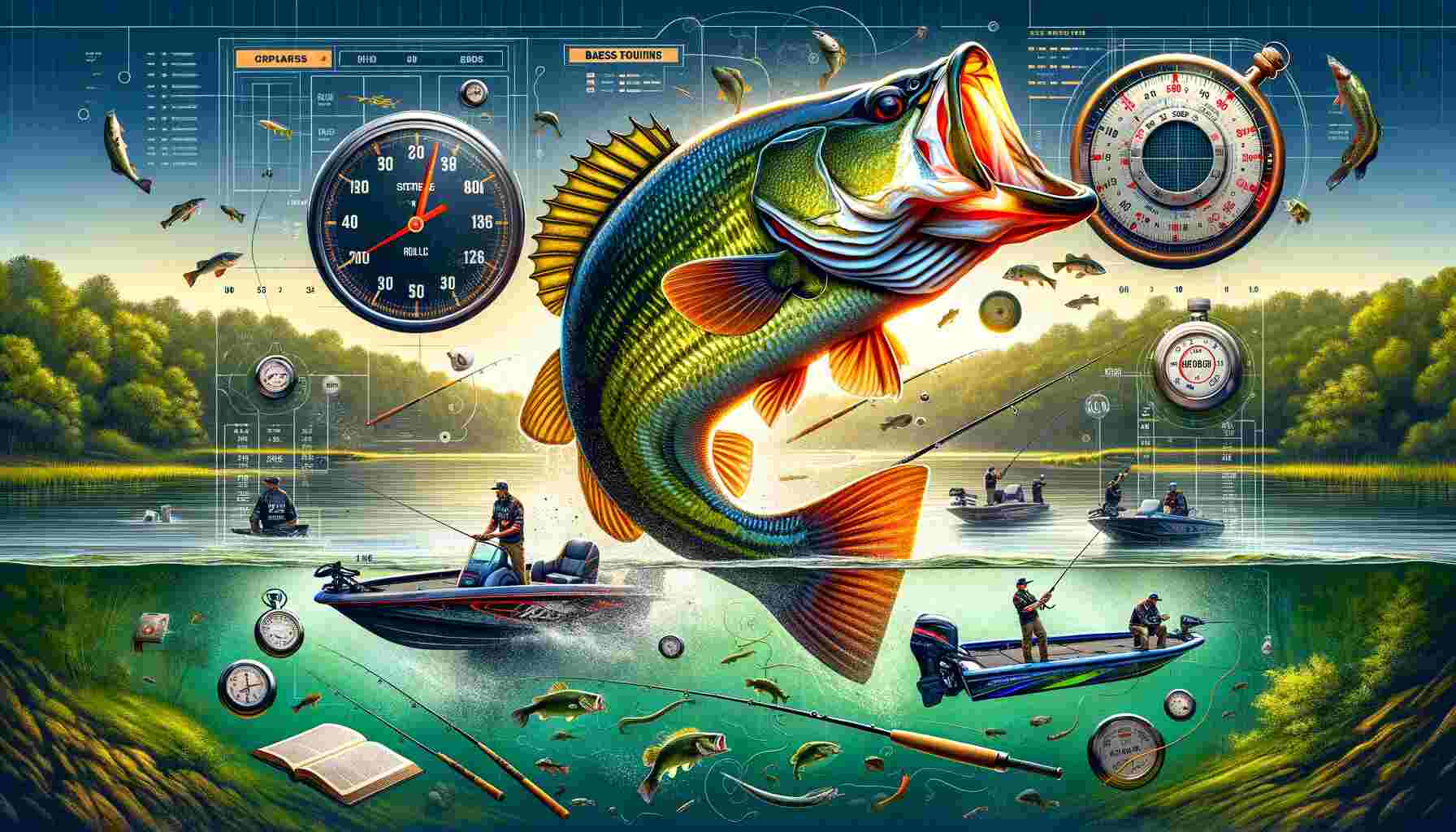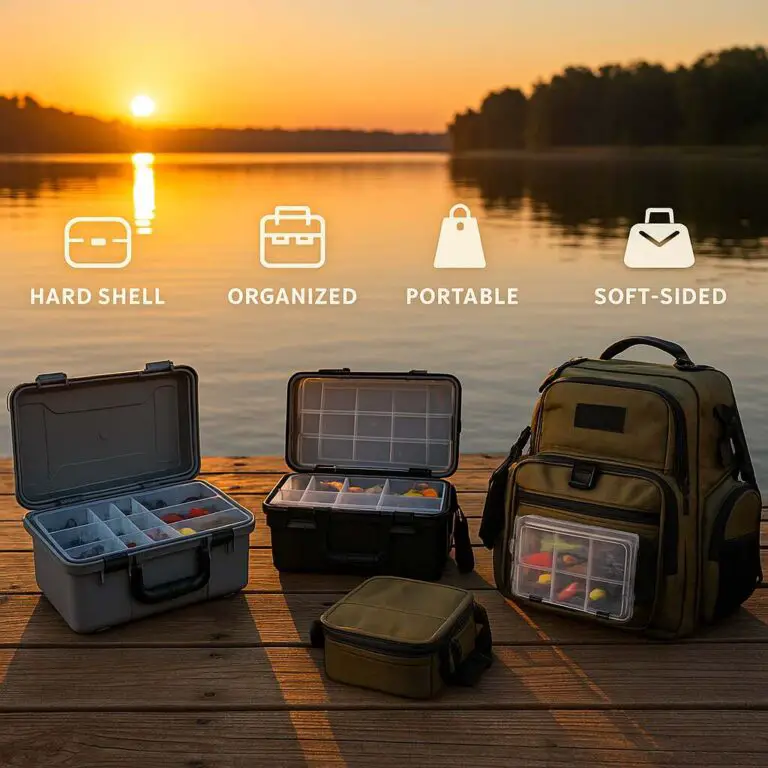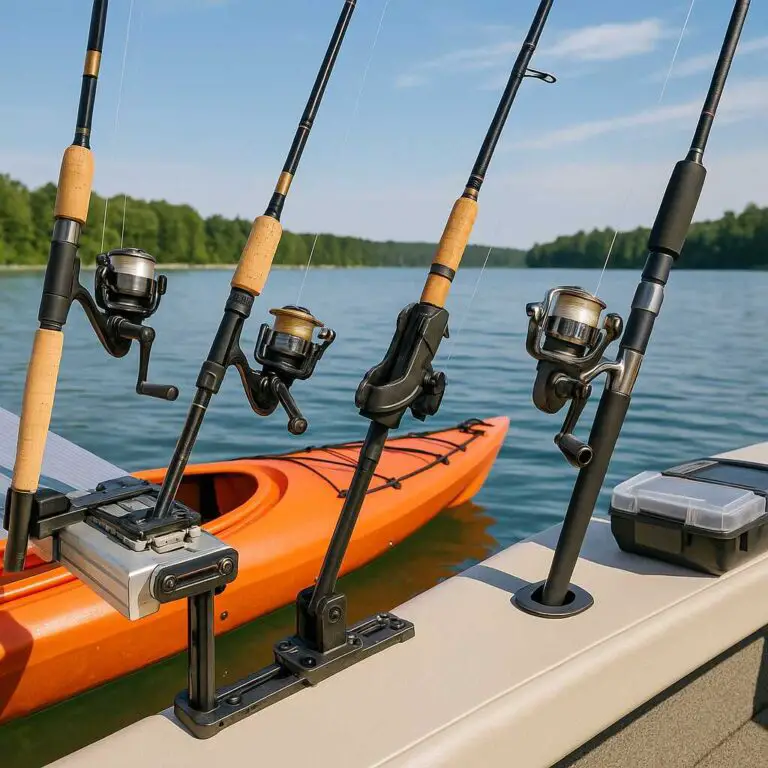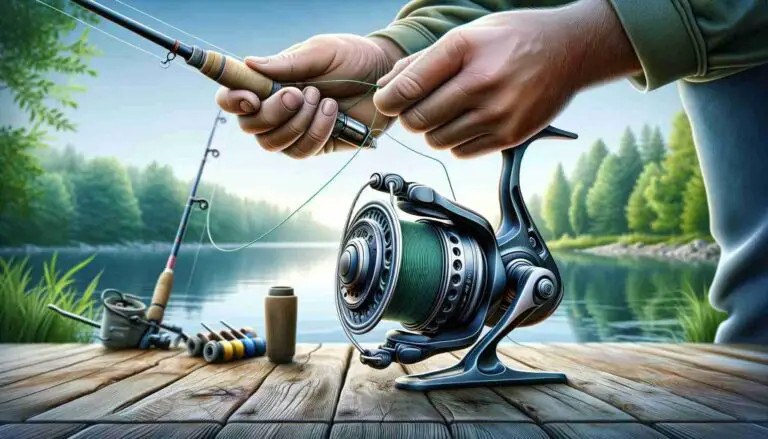Bass fishing tournaments, a thrilling blend of sport and strategy, attract anglers of all skill levels. Understanding the rules is crucial for anyone looking to compete effectively and responsibly in these events. This comprehensive guide delves into the various aspects of bass fishing tournament rules, offering insights and tips to help both novice and experienced anglers excel.
Understanding Eligibility and Scoring
Participation in bass fishing tournaments often comes with specific eligibility criteria, such as age and residency requirements. Scoring, a critical aspect, is primarily based on the total weight of the fish caught. In the event of a tie, factors like the number of fish caught or the size of the largest fish can be decisive.
Equipment and Gear Rules
Tournament success often hinges on using the right equipment. While anglers generally have the freedom to choose their rods, reels, and lures, specific restrictions can apply. For instance, some tournaments might limit lure types or require certain equipment. Size and number limits for the catch, fish handling practices, and boat specifications also play a vital role in maintaining fair competition.
Conduct Rules
Good sportsmanship and ethical conduct are pillars of bass fishing tournaments. Anglers must avoid unfair practices like disturbing water or other participants, and communication or collaboration with other anglers during the tournament is typically prohibited. Violating these rules can lead to penalties or disqualification.
Safety Rules
Safety is paramount. Anglers are required to have specific safety equipment like life jackets and fire extinguishers on board. Adherence to speed limits and operation rules ensures a safe environment for everyone. Additionally, tournaments often have guidelines for fishing in adverse weather conditions.
Location and Time Rules
Rules governing where and when anglers can fish are essential for a fair competition. Restrictions on pre-fishing or scouting the competition area help prevent unfair advantages. Additionally, there may be limits on the number of fish caught and minimum size requirements.
Fishing Techniques and Trends
Staying abreast of current trends is vital. Crankbaits continue to be a popular choice in many tournaments, while swimbaits, particularly smaller models, are used for mid-water and depth fishing. Finesse baits like small worms on jigheads have gained popularity for their effectiveness in various conditions.
Fishing Tournament Etiquette
Beyond rules, etiquette plays a crucial role. Respect for fellow anglers, responsible fishing practices, and environmental conservation are as important as competitive success. Proper disposal of trash and avoiding over-crowded fishing spots are part of good tournament etiquette.
Common Mistakes and Preparation Tips
Preparation is key. Ensuring all necessary equipment and supplies are ready before the tournament is crucial. Avoid common mistakes like fishing in overcrowded areas or being ill-prepared for changing weather conditions. Mental and physical preparation is equally important for enduring long hours of competitive fishing.
Key Rules For Navigating Bassmaster Open Tournaments
Here’s a structured table summarizing the key rules for navigating Bassmaster Open Tournaments:
| # | Rule Category | Key Points |
|---|---|---|
| 1 | Eligibility | Must be a BASS member, at least 16 years old. Age proof required. |
| 2 | Boat Insurance | Required proof of $300,000 boating liability insurance. Random checks for compliance. |
| 3 | Registration | Submission of a completed entry form by the deadline is mandatory. Late entries may incur fees. |
| 4 | Angler Code of Conduct | Adherence to professional conduct is expected, respecting all participants and officials. |
| 5 | Media Comments and Sportsmanship | Responsible media interactions required. Disparaging comments about the sport, officials, or sponsors are not tolerated. |
| 6 | Practice and Competition | Official practice days specified. Limited use of communication devices for fishing during competition. |
| 7 | Safety | Mandatory safe boating practices. Life preserver required when the engine is operating. Emergency procedures outlined. |
| 8 | Sportsmanship | High standards of courtesy and conservation expected. Alcohol and drug use prohibited during events. |
| 9 | Tackle and Equipment | Only artificial and biodegradable lures permitted. Specifications on allowed fishing gear. |
| 10 | Horsepower Regulations | Compliance with horsepower limits and U.S. Coast Guard guidelines required. |
| 11 | Boat and Motor Requirements | Boats must have specific safety equipment and live-well space. Restrictions on additional gas tanks. |
| 12 | Boat Identification | Boats must display a designated number for identification during the tournament. |
| 13 | Boat Operation and Expenses | Guidelines on boat operation and expense sharing between partners. |
| 14 | Permitted Fishing Locations | Compliance with designated tournament waters and ‘off-limits’ areas. |
| 15 | Remaining in the Boat | Competitors must stay in the boat during competition, except for emergencies or with permission. |
| 16 | Scoring | Based on the pound-and-ounce weight of the catch. Guidelines for handling live fish and culling. |
| 17 | Catch and Release | Penalties for presenting dead fish at weigh-in. Importance of maintaining fish in optimal condition. |
| 18 | Late Penalty | Penalties for late arrival at checkpoints, affecting catch weight. |
| 19 | 300 Point System | Details on how points are awarded in tournaments and resolution of ties. |
| 20 | Ties | Specific rules to determine winners in the event of a tie. |
| 21 | Pairing of Competitors | Rules on how pro and co-angler pairings are managed. Punctuality is crucial. |
| 22 | Appeals | Process for appealing in case of disputes over rule application or enforcement. |
| 23 | Patches and/or Signage | Guidelines on clothing patches and signage relating to sponsors. |
| 24 | BASS Sponsor Boats | Responsibility for maintaining sponsor boats in good condition. Potential cost coverage for damage. |
| 25 | Taxes | Understanding tax implications on cash and merchandise awards. |
| 26 | Waiver and Release | Requirement for all competitors to sign a waiver and release of liability, including a name and likeness release, as a condition of participation. |
This table provides an organized overview of the rules governing Bassmaster Open tournaments, highlighting key aspects that participants need to understand and comply with for a successful and fair competition.
Advanced Tournament Strategies for Success
Winning a tournament requires more than luck. It’s about selecting the right equipment, choosing effective fishing locations, and adhering closely to the tournament rules. A well-thought-out strategy, including understanding fish behavior and environmental conditions, can give anglers an edge.
Let’s explore some advanced strategies to enhance your competitive edge in bass fishing tournaments:
- Pre-Fishing: Scout tournament waters and familiarize yourself with potential hotspots before the event begins. Learn fish behavior and patterns specific to the location.
- Proper Bait Selection: Choose baits and lures known to be effective in the tournament waters. Experiment with colors, sizes, and retrieval techniques to find what works best.
- Time Management: Efficiently manage your time during the tournament to maximize your chances of catching quality fish. Focus on areas where you’ve had success during pre-fishing.
- Stay Informed: Continuously monitor weather conditions, water temperature, and environmental factors that influence fish activity. Adapt your strategy accordingly.
- Consistency: Aim for a steady stream of catches throughout the day instead of relying on a single lucky catch.
- Mindset: Maintain a positive and focused mindset throughout the tournament. Stay patient and adaptable, as conditions can change rapidly.
Conclusion
Bass fishing tournaments offer an exciting platform for anglers to showcase their skills. However, understanding and adhering to the tournament rules is essential for a fair and enjoyable competition. These rules not only ensure a level playing field but also promote sustainable fishing practices and environmental stewardship. By mastering these rules, anglers can compete with confidence and respect, contributing to the rich tradition and future of bass fishing tournaments.
Remember, each tournament may have its unique set of rules and nuances. It’s always advisable to review the specific rules and guidelines of the tournament you plan to enter.








